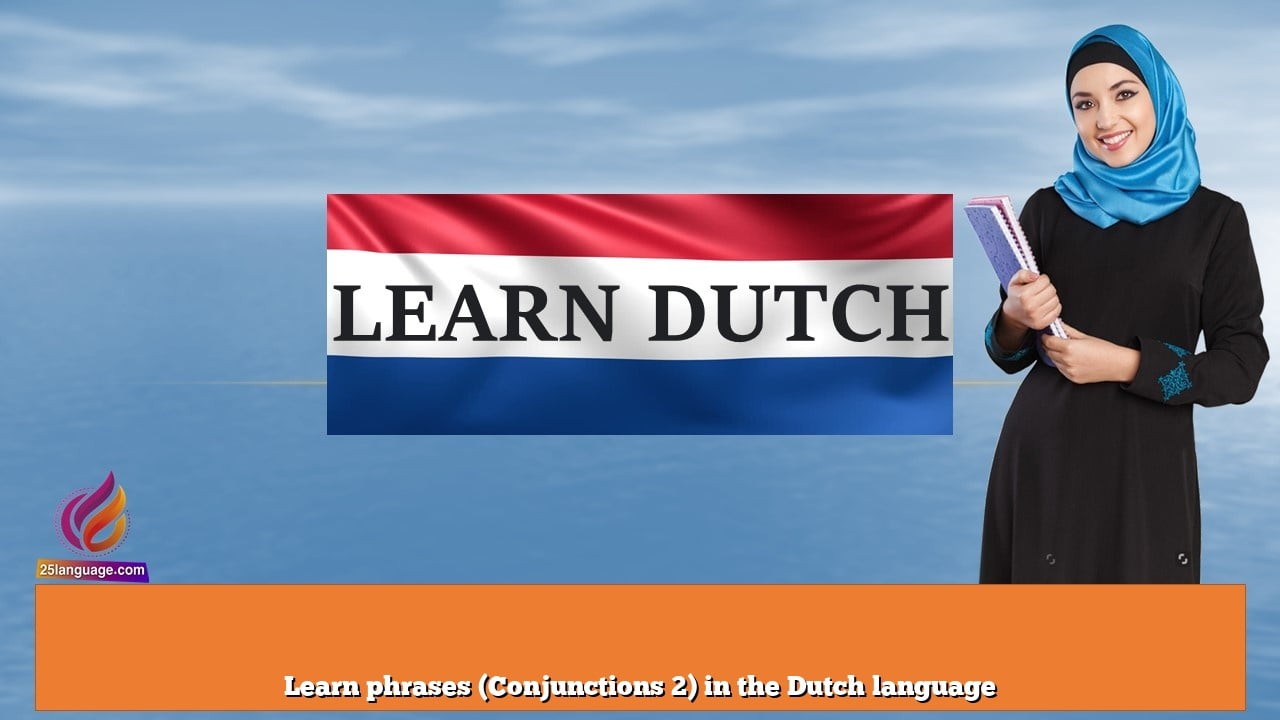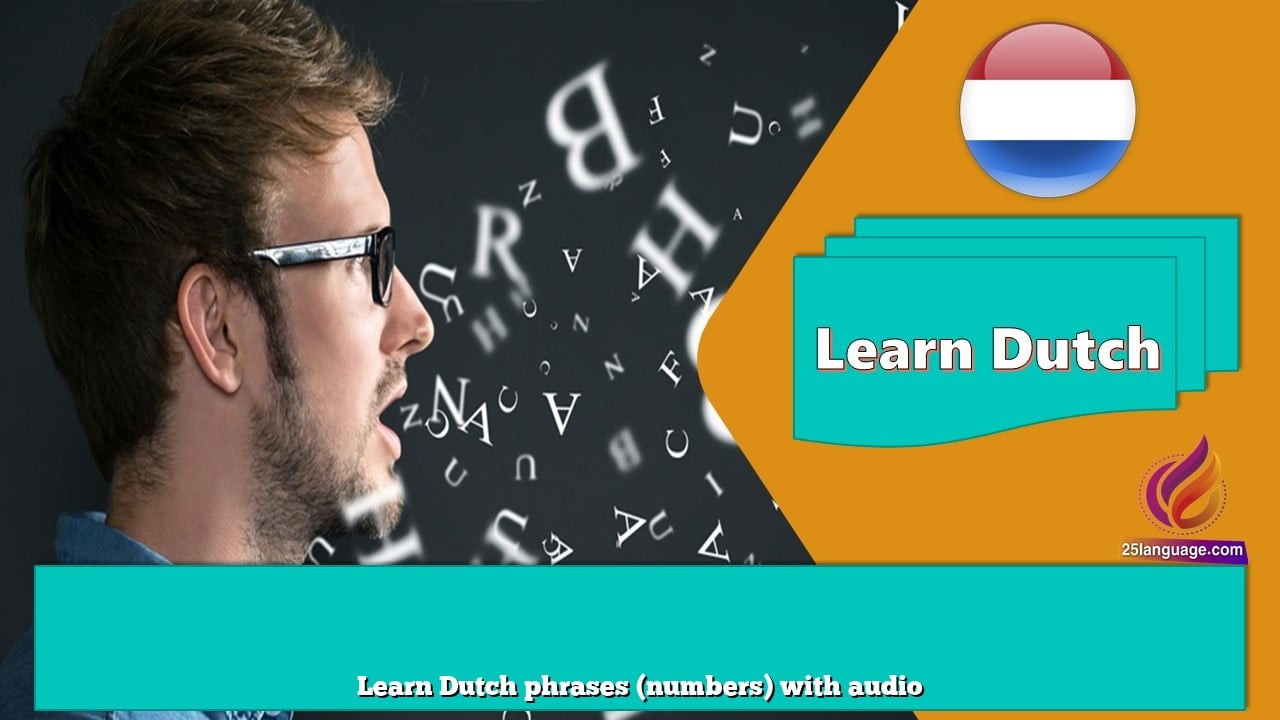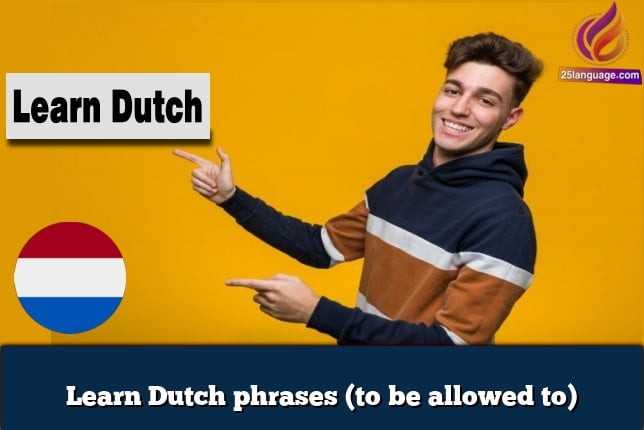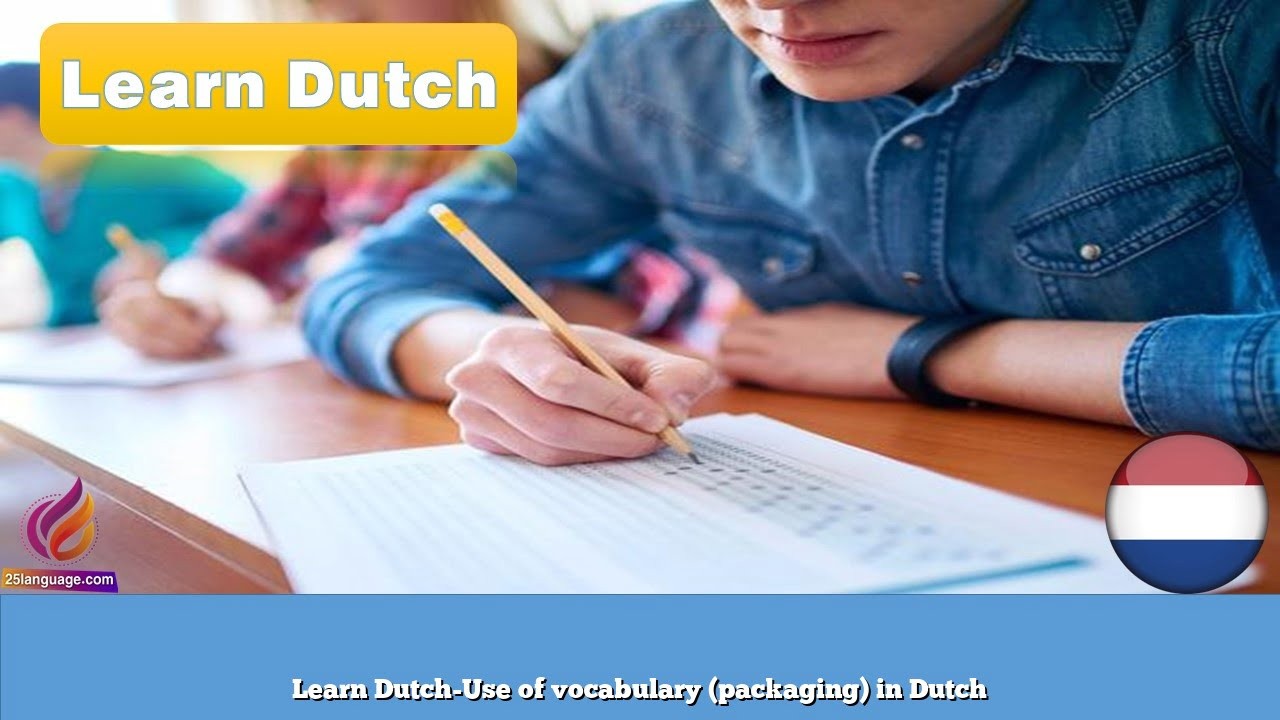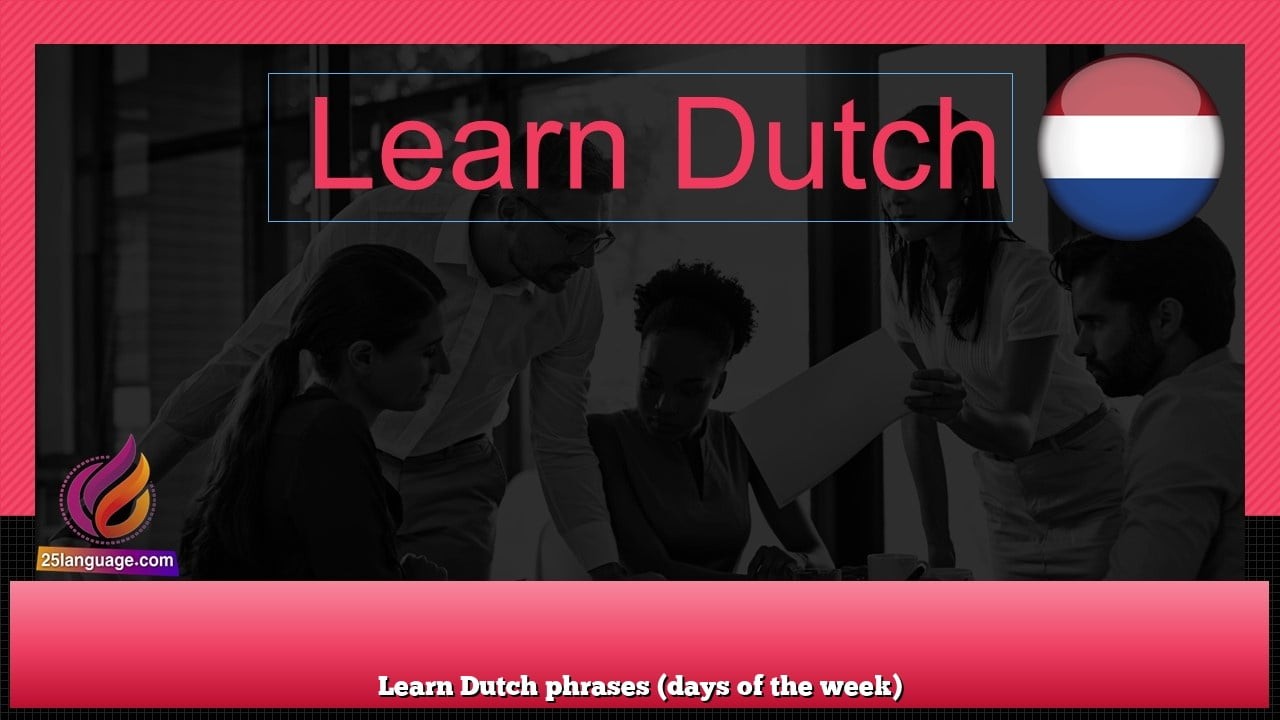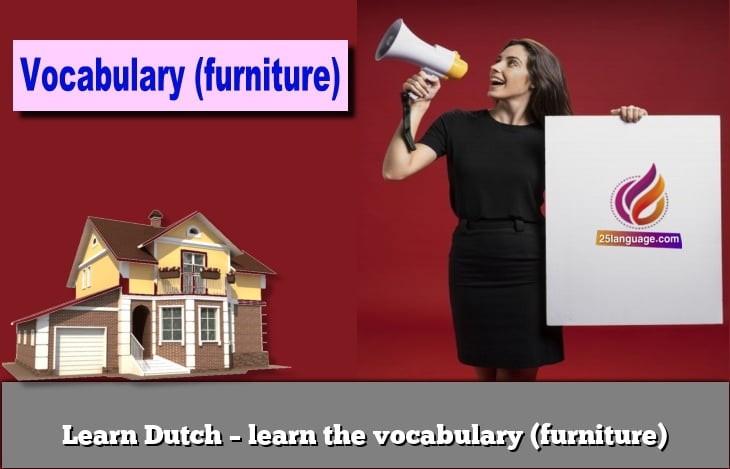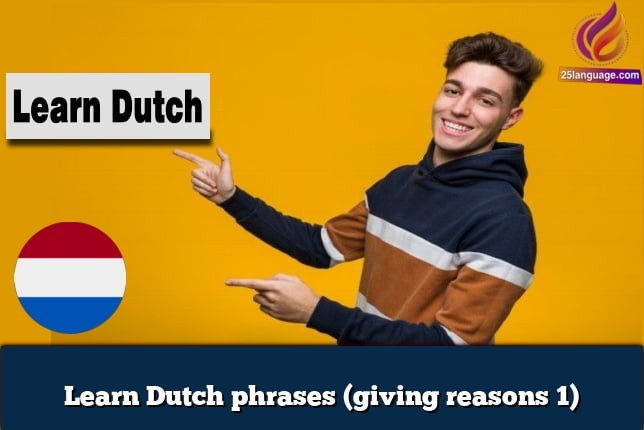phrases in the past tense in Dutch
Learn phrases in the past tense in Dutch

In Dutch, learning phrases in the past tense is important because it allows you to communicate about events or actions that have already happened in the past. When speaking or writing in Dutch, it’s important to be able to convey the correct tense so that your message is clear and understandable to others.
Learning phrases in the past tense also helps you to understand written or spoken Dutch in various contexts, such as when reading historical texts, watching movies or TV shows set in the past, or listening to native Dutch speakers talking about their past experiences.
| Dutch | English |
|---|---|
| Ik ging naar de winkel. | I went to the store. |
| [responsivevoice voice="Dutch Female" rate="0.8" buttontext="►"]Hij kwam te laat. | He came late. |
| Zij maakte een fout. | She made a mistake. |
| Wij aten pizza gisteren. | We ate pizza yesterday. |
| Jullie zagen de film niet. | You (plural) didn’t see the movie. |
| Zij hadden een leuke vakantie. | They had a nice vacation. |
| Ik las een interessant boek. | I read an interesting book. |
| Hij studeerde hard voor het examen. | He studied hard for the exam. |
| Zij sliepen niet goed vannacht. | They didn’t sleep well last night. |
| Wij spraken met de leraar na de les. | We spoke with the teacher after class. |
| Jullie werkten lange uren deze week. | You (plural) worked long hours this week. |
| Zij bezochten Amsterdam vorig jaar. | They visited Amsterdam last year. |
| Ik kreeg een cadeau van mijn vriend. | I received a gift from my friend. |
| Hij gaf me een lift naar huis. | He gave me a ride home. |
| Zij betaalden de rekening in het restaurant. | They paid the bill at the restaurant. |
| Wij zagen een mooie zonsondergang op het strand. | We saw a beautiful sunset at the beach. |
| Jullie vonden het concert geweldig. | You (plural) thought the concert was great. |
| Zij verhuisden naar een nieuwe stad. | They moved to a new city. |
| Ik speelde vroeger tennis. | I used to play tennis. |
| Hij bracht de hele dag thuis door. | He spent the whole day at home. |


